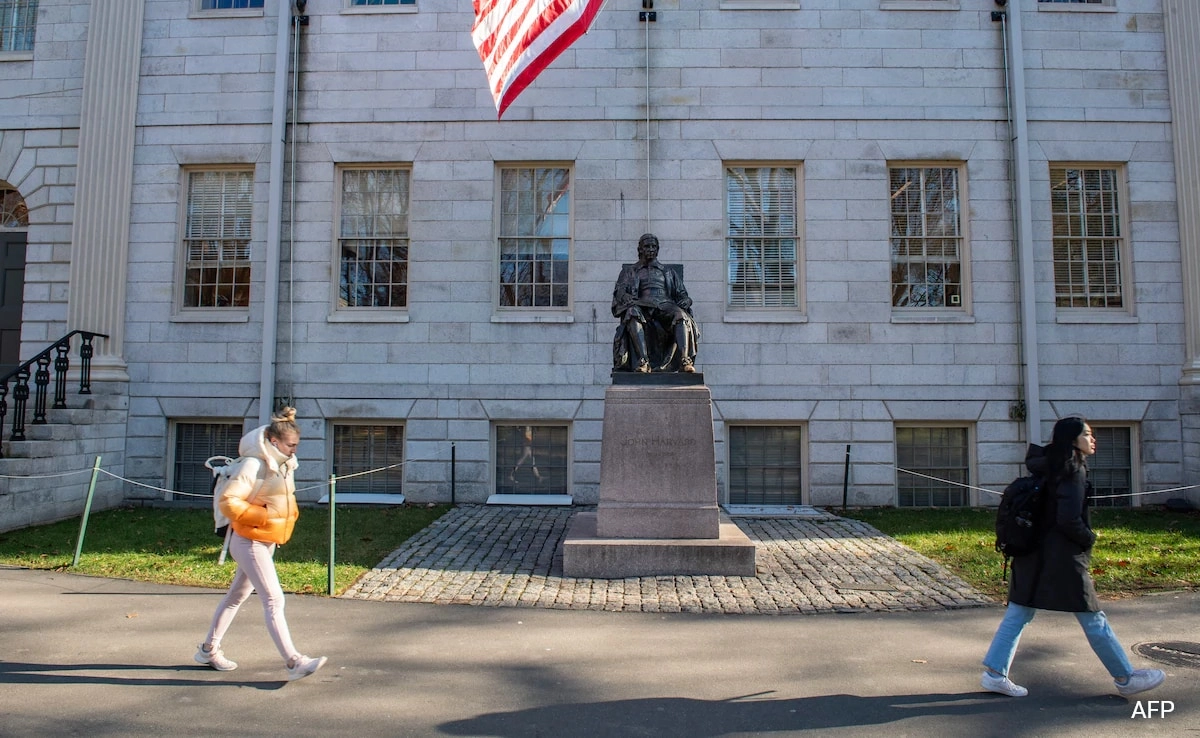As France prepares to vote on a significant bill regarding assisted dying, the discussion around end-of-life choices is gaining momentum globally. The proposed legislation aims to provide individuals facing terminal illnesses with the option of requesting assistance in dying, a topic that has sparked intense debates across various nations. France’s move towards potentially legalizing assisted dying places it among a growing list of countries that have recognized the importance of allowing individuals to make personal choices about their own lives and deaths.
In recent years, several countries have taken steps to legalize assisted dying, each with its unique regulations and frameworks. In the Netherlands, for instance, assisted dying has been legal since 2002, making it one of the first countries to formally embrace this practice. The Dutch model requires strict criteria, including unbearable suffering with no prospect of improvement and a voluntary, well-considered request from the patient. Belgium followed suit in 2002, expanding the criteria to include minors under certain conditions. This progressive approach has prompted other nations to reevaluate their own laws surrounding assisted dying.
In contrast, countries like Canada and New Zealand have also moved towards legalization, with Canada enacting its Medical Assistance in Dying (MAID) law in 2016. This legislation allows eligible individuals to request medical assistance to end their lives, reflecting a broader societal acceptance of the need for compassionate end-of-life options. Similarly, New Zealand’s End of Life Choice Act, which came into effect in 2021, allows terminally ill adults to choose assisted dying, provided they meet specific criteria. These developments demonstrate a shift in societal attitudes, emphasizing the importance of autonomy and dignity in the dying process.
As France deliberates its stance on assisted dying, it joins a vital conversation that transcends borders, touching on ethical, moral, and legal dimensions. The outcome of this vote could influence not only the lives of countless individuals within France but also set a precedent for other nations grappling with similar issues. The ongoing global discourse on assisted dying highlights a collective movement towards recognizing individual rights and the need for compassionate care at the end of life, ultimately shaping the future of how societies approach this deeply personal decision.




